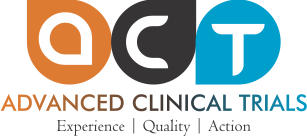Phase IV trial is also known as postmarketing surveillance Trial. Phase IV trials involve the safety surveillance (pharmacovigilance) and ongoing technical support of a drug after it receives permission to be sold. Phase IV studies may be required by regulatory authorities or may be undertaken by the sponsoring company for competitive (finding a new market for the drug) or other reasons (for example, the drug may not have been tested for interactions with other drugs, or on certain population groups such as pregnant women, who are unlikely to subject themselves to trials). The safety surveillance is designed to detect any rare or long-term adverse effects over a much larger patient population and longer time period than was possible during the Phase I-III clinical trials. Harmful effects discovered by Phase IV trials may result in a drug being no longer sold, or restricted to certain uses: recent examples involve cerivastatin (brand names Baycol and Lipobay), troglitazone (Rezulin) and rofecoxib (Vioxx).
The entire process of a drug from lab to this point may take approximately 12 to 18 years (but not always), often costing over $1bn.
Our integrated late phase team of development and commercialisation with local knowledge, insight will enable us take your compound through the late phase clinical trials by satisfying all the stakeholders. Stake holders: Regulatory agencies, physicians, vendors, payers, patient networks are a few of the stake holders we aim to satisfy.
